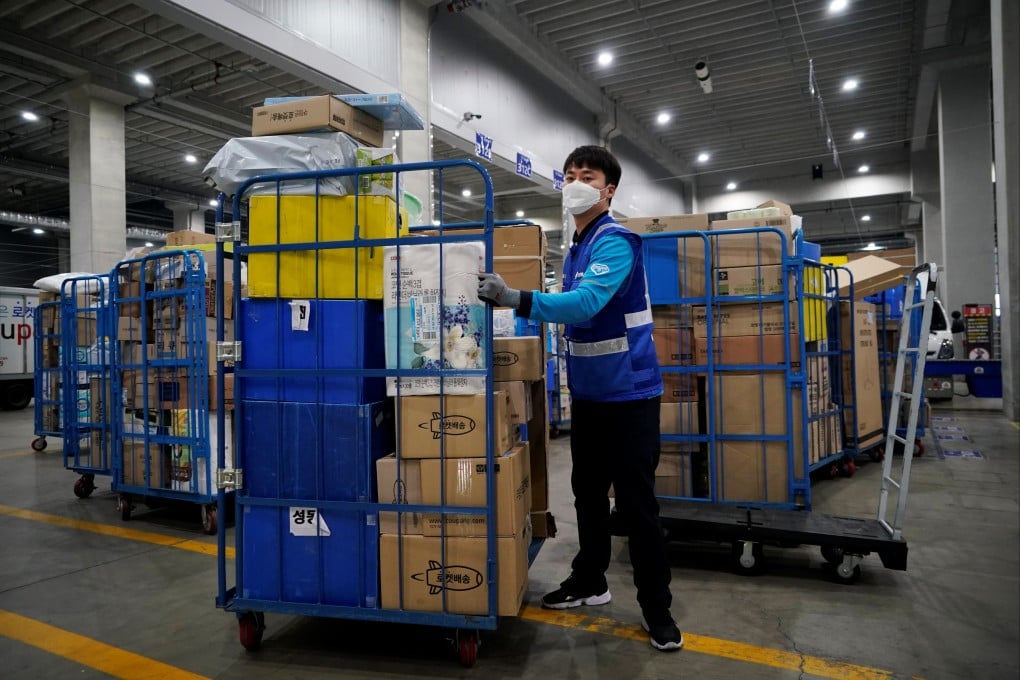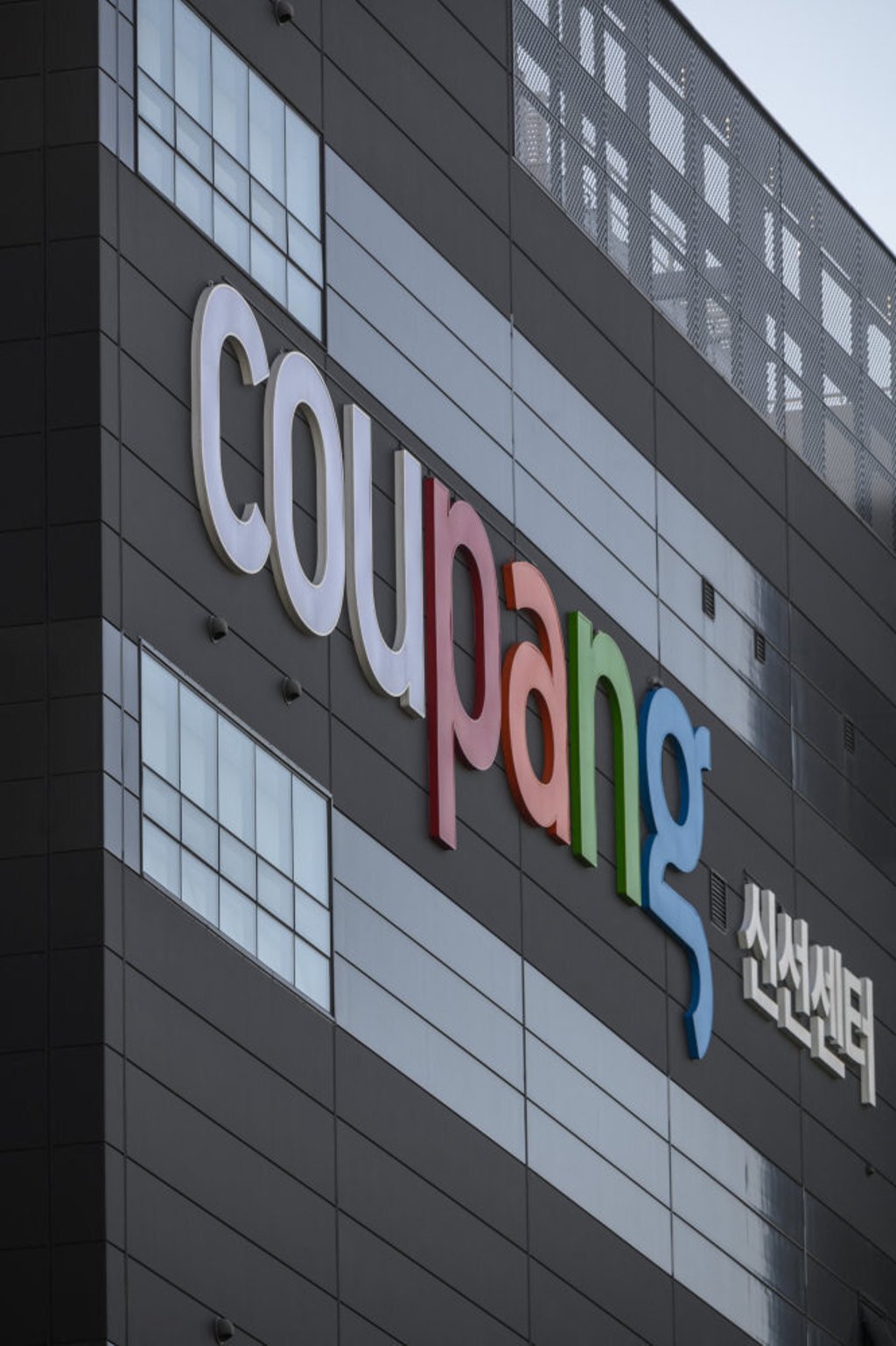Death, injury, inhuman conditions: at ‘Korean Amazon’ Coupang, warehouse workers at mercy of AI are ‘disposable objects’
- Mirroring conditions at Amazon in the US, at Coupang employees are being literally worked to death to keep up with delivery deadlines

Early on the morning of October 12 last year, 27-year-old Jang Deok-joon came home after working his overnight shift at South Korean e-commerce giant Coupang and jumped into the shower. He had worked at the company’s warehouse in the southern city of Daegu for a little over a year, hauling crates full of items ready to be shipped to delivery hubs. When he did not come out of the bathroom for more than an hour and a half, his father opened the door to find him unconscious and curled in a ball in the bathtub, his arms tucked tightly into his chest. He was rushed to the hospital, but with no pulse and failing to breathe on his own, doctors pronounced him dead at 9.09am. The coroner ruled that he had died of a heart attack.
Jang was the third Coupang worker to die that year, adding to growing concern about the nature of the company’s success. And Coupang has been astoundingly successful, having risen to become South Korea’s third-largest employer in just a few years, harnessing a vast network of warehouses, 37,000 workers, a fleet of drivers and a suite of artificial intelligence-driven tools to take a commanding position in South Korea’s crowded e-commerce market.
Coupang is everywhere in South Korea: half of the population has downloaded its app, and its “Rocket Delivery” service – the company claims 99.3 per cent of orders are delivered within 24 hours – has earned it a reputation for “out-Amazoning even Amazon”.
Coupang’s use of AI to shorten delivery times is especially striking. Its proprietary algorithms calculate everything from the most efficient way to stack packages in delivery trucks to the precise route and order of deliveries for drivers. In warehouses, AI anticipates purchases and calculates shipping deadlines for outbound packages. This allows Coupang to promise delivery in less than a day for millions of items, from a 60 US cent face mask to a US$9,000 camera.
Such innovations are why Coupang confidently bills itself as the “future of e-commerce”, and the driving force behind the company’s recent launch on Nasdaq that valued the company at US$84 billion – the biggest initial public offering in the United States by an Asian company since e-commerce giant Alibaba, which owns the South China Morning Post, in 2014.
But what does all this innovation and efficiency mean for the company’s workers?
